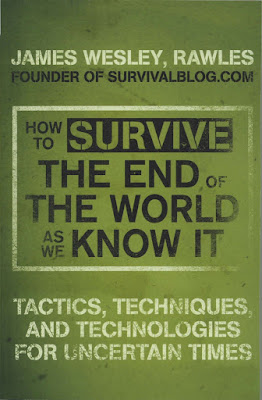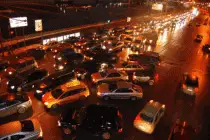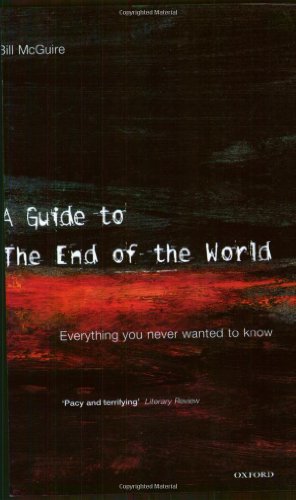

For many people, even their tap water travels that far. Our heating and lighting are typically provided by power sources hundreds of miles away. The food on our tables often comes from hundreds if not thousands of miles away. Ponder that for a moment: Just 2 percent of us are feeding the other 98 percent. In the First World, less than 2 percent of the population is engaged in agriculture or fishing. For the first time in human history, the majority of the world’s population now lives in cities.īut the downside to all this abundance is overcomplexity, overspecialization, and overly long supply chains.


We have cheap transportation, with our cities linked by an elaborate and fairly well-maintained system of roads, freeways, rails, canals, seaports, and airports.

Our health care is excellent, our grocery-store shelves bulge with a huge assortment of fresh foods, and our telecommunications systems are lightning fast. We live in a time of relative prosperity. "synopsis" may belong to another edition of this title. How to Survive the End of the World as We Know It is a must-have for every well-prepared family. Investing and Barter: Tangibles investing, building your barter stockpile. When to Get Outta Dodge: Vehicle selection, kit packing lists, routes and planning. Home Security: Your panic room, self-defense training, and tools. Communications: Following international news, staying in touch with loved ones. Medical Supplies and Training: Building a first aid kit, minor surgery, chronic health issues. Garden, Orchard Trees, and Small Livestock: Gardening basics, non-hybrid seeds, greenhouses choosing the right livestock. Fuel and Home Power: Home heating fuels, fuel storage, safety, backup generators. Food Storage: How much to store, pack-it-yourself methods, storage space and rotation, countering vermin. Where would you get water? How would you communicate with relatives who live in other states? What would you use for fuel? Survivalist expert James Wesley, Rawles, author of the bestselling novel Patriots and editor of, shares the essential tools and skills you will need for your family to survive, including: Water―the Key Resource: Filtration, transport, storage, and treatment options. If there is a terrorist attack, global pandemic, or sharp currency devaluation, you will be forced to fend for yourself in ways you’ve never imagined. It would take only one unthinkable event to disrupt our way of life.


 0 kommentar(er)
0 kommentar(er)
